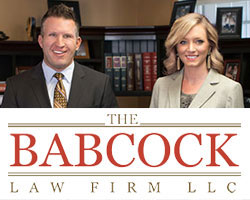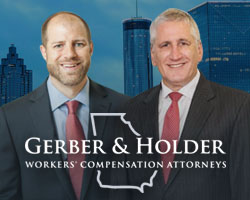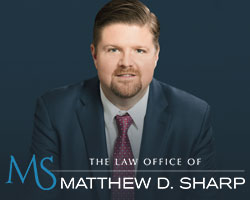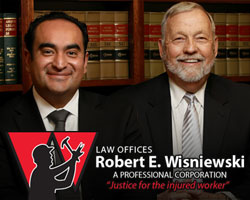Marketing ethics are vital in any industry, but the legal field has particularly high standards they expect attorneys to meet when presenting themselves to the public.
Here are 3 important tips on law firm marketing compliance:
Tip #1: Avoid guaranteeing case success
It’s imperative that marketers go beyond the literal meaning of this principle. To follow it according to the American Bar Association’s Professional Rules of Conduct, it’s not enough to simply avoid guaranteeing you’ll win a case. You must also avoid creating “unjustified expectations.”
Let’s say your marketing materials talk of victory in a specific case. That’s reasonable enough—the case is in the public domain already and your win is a matter of record. Make sure you cite as many specific facts about the case as possible. The reason is to help prospects distinguish this case from their own. Otherwise, they might be misled into taking your promotion as a virtual claim of impending legal victory.
Make certain that opinions are clearly labeled as such. This is particularly relevant for personal injury lawyers, where it’s quite possible to win a judgement, yet the client’s satisfaction with the settlement is anyone’s guess. Instead of saying that you won a big settlement (which is subjective based on what might be considered big), simply say that your settlement produced a happy client.
Of course, always have the obligatory disclaimer at the end—the one that says any description of legal wins contained in this ad doesn’t suggest similar results in the future.
Tip #2: Don’t make subjective claims
It’s standard in marketing generally to claim something as “the best” or “Number One” or something to that effect. In most industries, it’s just standard hyperbole. Not so in law. Any such claim in your marketing must be specifically backed up.
For example, if a prestigious law review journal ranked the top 10 criminal defense firms and ranked your firm #1, you can certainly say that—but be sure to note that it’s the law review journal’s ranking, rather than a generic Number One. The word “best” is…well, it’s “best” discarded entirely for the purposes of law firm marketing. The same goes for the word “expert.”
A better way to approach descriptive terminology is to use words like “experienced” or similar terms that convey the law firm’s competence in the field without doing it in a way that’s a comparison, implied or otherwise.
Tip #3: Be careful on social media
When you’re replying to comments, take the utmost care to ensure that your words can’t be taken as legal advice. Even if you don’t intend it, an attorney-client relationship can be unwittingly created.
If you are asked for your opinion on a general legal issue, tread carefully. It might be fine to give one, but not if your personal view is in conflict with how the firm is representing a client. Also, avoid posting anything that would be considered embarrassing to the firm or the legal profession in general.






